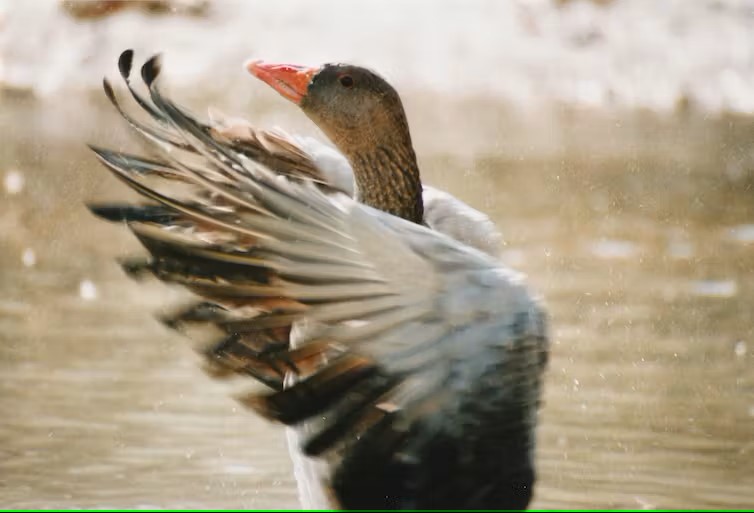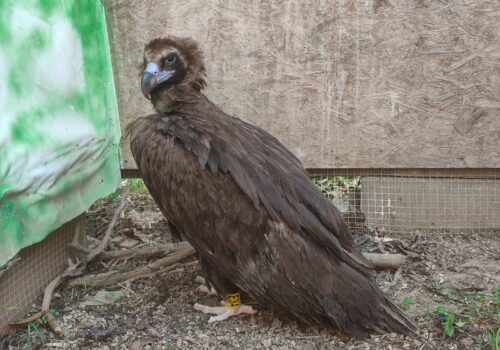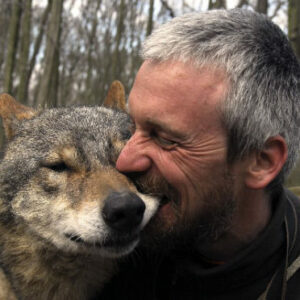Fireworks and firecrackers have become a holiday tradition. The loud bang of fireworks exploding over our head in a shower of intense colours, although pleasing to the eye, is dangerous to both domestic and wild animals.
The effect on animals
We know the effects they have on cats and dogs, because every new year thousands of pet owners set off in search of their pets who have gone missing in the night. A recent study shows alarming results when it comes to wild animals.
The study involved 20 greylag geese (Anser anser) fitted with transmitters to record their heart rate and body temperature, which are indicators of physiological stress. The research was carried out at Almsee, a lake in Austria. On New Year’s Eve, fireworks were set off in villages near the lake to mark the new year.
Data recorded by transmitters show that the geese’s average heart rate increased by 96% and their average body temperature increased by 3% right after the fireworks. It took about 5 hours for these results to return to normal.
The study was funded by the Austrian Science Fund and published in Conservation Psychology journal.
We can celebrate without pyrotechnics!
It is encouraging that in recent years some cities have decided to abandon this practice. Târgu Mureș, for example, is celebrating the anniversary without fireworks, although there are financial reasons behind the decision. Gorj county will also celebrates New Year’s Eve without fireworks for reasons of economy.
As for firecrackers, the Ministry of Internal Affairs has appealed to all citizens not to use firecrackers on New Year’s Eve. “For some people it is a simple entertainment, for animals it is a nightmare. No firecrackers on New Year’s Eve! Protect yourself, but also protect the animals” says the MAI message.
Milvus Group is asking everyone to find alternative ways to make New Year’s Eve special. A few seconds of fun for us can have devastating, long-term effects on animals.

































